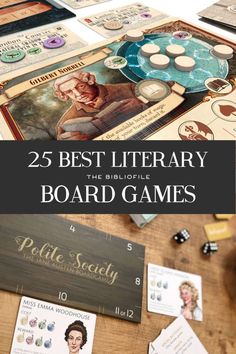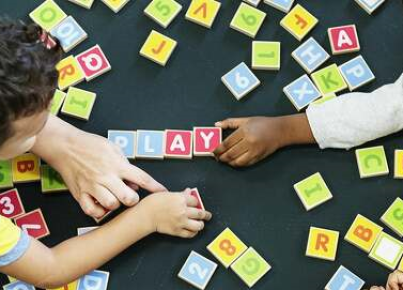In an age where digital distractions are rampant, “Out of the Book” has emerged as an exciting resource for educators and parents looking to rekindle a love for reading in children. This comprehension board game not only enhances reading skills but also makes the process interactive and enjoyable.
The Concept
“Out of the Book” is a board game designed to boost reading comprehension in a fun and dynamic way. The game transforms traditional reading sessions into an interactive experience, requiring players to read passages and answer questions related to the text. It’s not just about what happens in the storyline; players must delve deeper into aspects like character development, plot analysis, and identifying literary devices.
How It Works
Each player picks a book or passage at the beginning of the game, and as they move around the board, they draw cards that prompt discussion about specific aspects of their reading material. Questions might range from simple recall—such as “Describe the main character in three words”—to complex analytical challenges like “How did the author build suspense in chapter two?” Points are awarded based on the quality of players’ responses and their ability to engage with the text on a deeper level.
The Purpose
“Out of the Book” aims to enhance critical thinking and analytical skills while promoting active engagement with literature. By turning reading into a multi-player event, it encourages discussions that can lead to greater comprehension and appreciation of texts. It’s suitable for readers of varying skill levels because it can adapt to virtually any book, allowing players with different tastes in literature to share their experiences.
Educational Benefits
Educationally, “Out of the Book” can be a valuable tool in classrooms or homeschool settings. It aligns with key educational standards focused on reading comprehension and analytical thinking. Teachers can use this game as part of their literacy curriculum, adapting it for individual or group work, and tailoring it to suit different age groups and abilities.
Family Engagement
Beyond educational settings, “Out of the Book” serves as an excellent activity for family game nights. It reinforces learning outside school hours but does so through play, helping parents participate actively in fostering their children’s literacy skills.
Conclusion
As reading competes against numerous entertainment options available to children today, “Out of the Book – Comprehension Board Game” offers a tangible solution that brings books into play literally. With its versatility and educative potential, this board game presents an innovative approach to help young readers develop a lasting love and understanding of literature.





